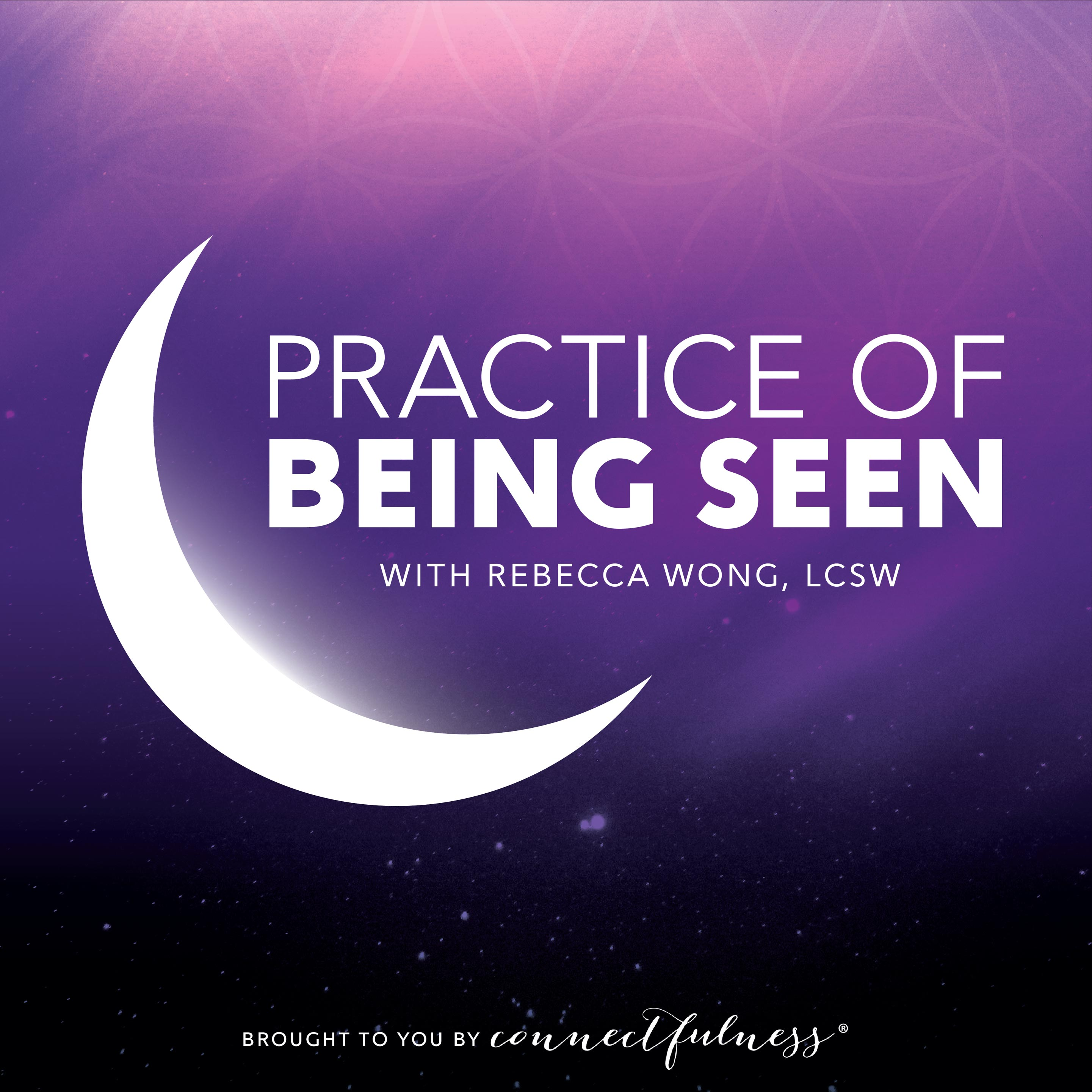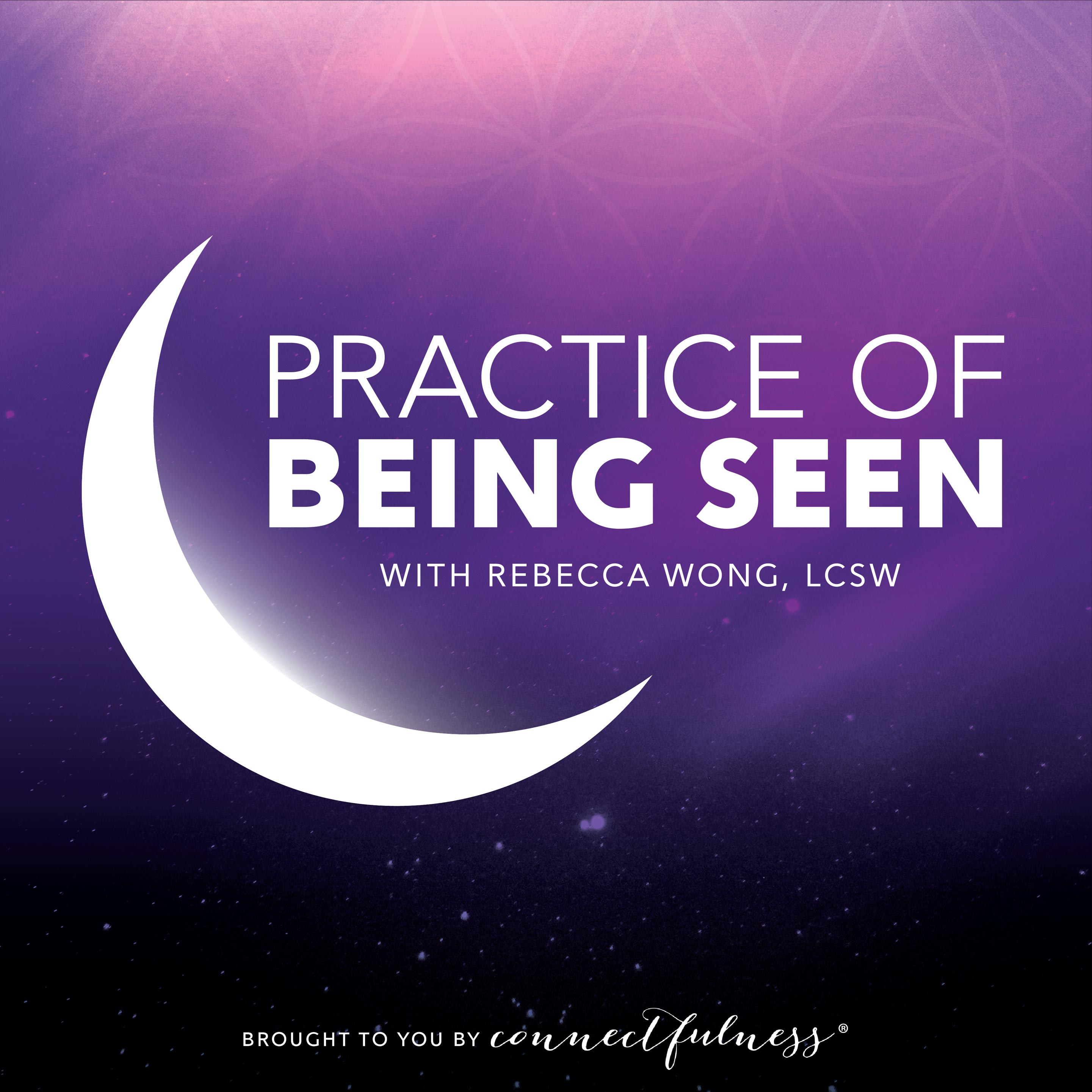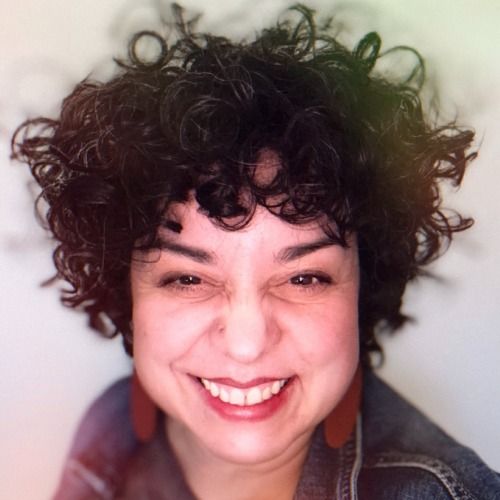Intensive Restructuring: A conversation with Adam Smithey
What could you accomplish with your clients in just one weekend? This week’s guest, Adam Smithey, dares us to dream “outside the box” into what is possible: how we can make the most impact, what our clients are really asking us for, and how we can better integrate our work into our everyday lives. For him, that means being a stay-at-home dad during the week and running couples intensives on the weekends. Adam finds that he is able to complete six months of work with his couples in just two days.
In this episode, Adam tells Rebecca how he came to develop his unique practice structure and style, learning from his mistakes as he went. He discusses how this integration with the demands of his home life with the dreams of his professional life has improved his marriage and allowed him to mentor other therapists who want to do clinical work differently. Learn how he ebbs and flows through imposter syndrome, how he structures his intensives and refines his process as he goes, and why he thinks every therapist should leap into unchartered territory when they feel the call.
Quoted in the Episode:
“Some of my best learning has come out of the pivots I’ve made falling on my face. And, you know, as a parent, I know that’s how my children learn too. It’s just human nature, not by doing things right all the time. Failure is a piece of the game.” - Rebecca Wong
“Like most things in life, perception is cyclical--not really linear. In any given day, I feel on top of the world. In any given moment, I’m thrust back down into reality where I feel like I don’t know anything. It’s very real.” - Adam Smithey
What’s the worst that could happen? Well, if it’s not the end of the world, then it’s still worthy of trying.” - Adam Smithey
Resources Referenced in this Episode:
Where to find Adam:
If you're interested in working with Rebecca Wong, you can find out more about her services here:
1. If you're in New York and would like to schedule a relationship therapy session start here: https://connectfulness.com/therapy/
2. If you're a therapist and are interested in mentorship with Rebecca, find out more about services offered here: https://www.practiceofbeingseen.com/work-with-rebecca/
3. To learn more about Rebecca’s Private Couples Intensive Retreats, start here: https://connectfulness.com/intensive-private-retreat/
4. And if you want to dive in deeply into building conscious relationship with your beloved consider sharing an experiential gift of deeper connection and intimacy over valentines in our Divine Mirrors: A Valentine’s Couples Retreat Rebecca is co-facilitating at Menla.
To join the #POBScast Community practiceofbeingseen.com/community
For more information and resources, visit the website at practiceofbeingseen.com.
To join the conversation on social media, use the hashtag #POBScast.
You can find us on Twitter, Instagram, and Facebook.
If you have questions or inquiries, email us at practiceofbeingseen@gmail.com


